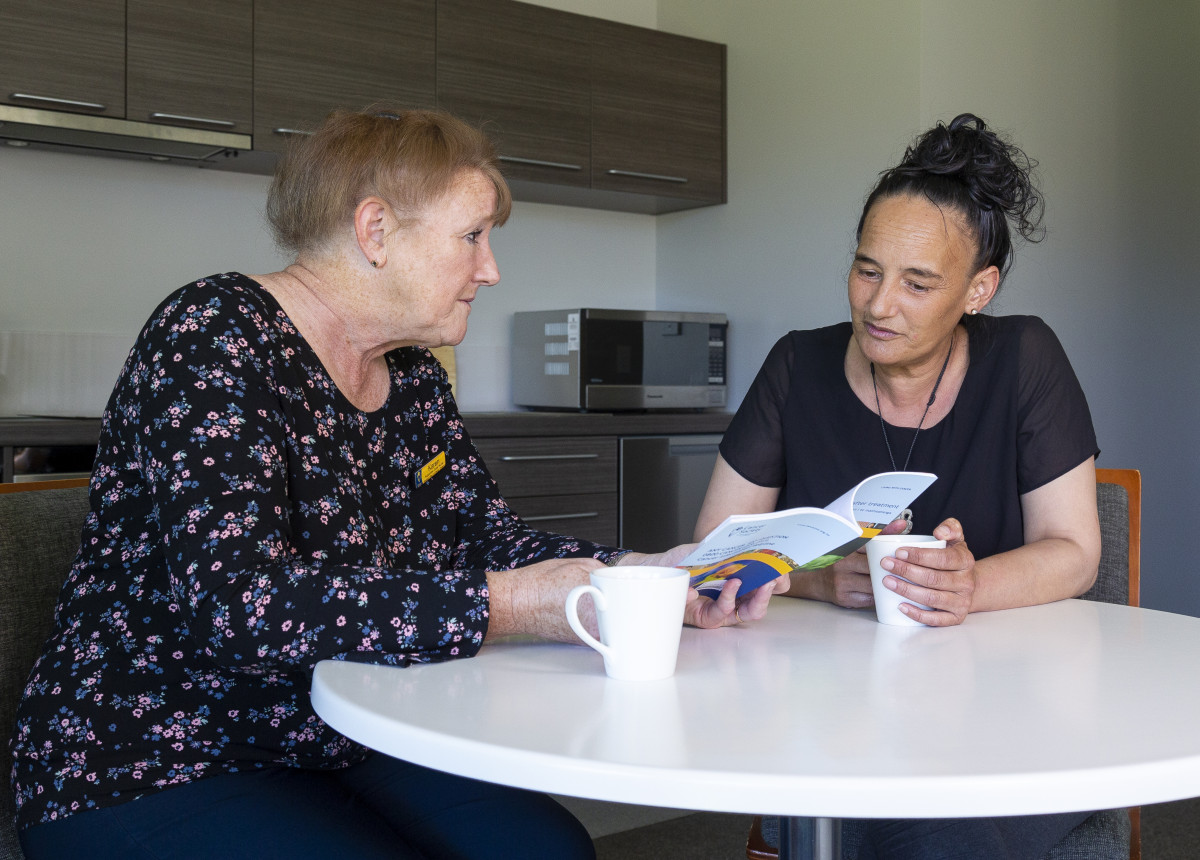The Cancer Society of New Zealand has published a valuable cancer resource from a New Zealand perspective.
The head and neck cancer booklet will provide the latest information to support those with a cancer diagnosis and their friends, whānau and supporters in communities across the country. New Zealand ranks with one of the world’s highest incidence rates for head and neck cancers, with around 500 to 550 new cases diagnosed each year. Worldwide about one million cases are detected annually.
Head and neck cancer is a general term for a range of cancers that start in the tissue or lymph nodes in the head and neck area, with the main risk factors including drinking alcohol and using tobacco. Human papilloma virus (HPV) can increase the risk of cancers in the tongue, tonsils and throat. While the symptoms of head and neck cancer can be different from person to person, it is important to have your GP or whānau doctor check any unusual symptoms.
Henare Nikora from Kaikohe, who has a head and neck cancer diagnosis, believes in a daily dose of humour and hope. Sixty-three-year-old Henare (Ngā Puhi) received his diagnosis in September 2022. He had his first round of radiation treatment in December and a second course in July this year. Following his first round of treatment, Henare started attending a community-led cancer support group that meets every fortnight in Kaikohe. In between, he catches up kanohi ki te kanohi (one on one) with Kerikeri-based Cancer Support Nurse Specialist Jenny Coleman.
Henare says the Cancer Society’s support services and resources like the head and neck cancer booklet are so valuable to people like him going through cancer treatment: “There are a lot of ways the Cancer Society can help. It’s great to know what’s out there for us. Sharing your experience and connecting with others going through a cancer journey can make things seem a little less scary.”
The Cancer Society’s head and neck cancer booklet provides accurate, up to date information about head and neck cancer. It includes the risk factors for head and neck cancer, what head and neck cancer is, and how it is diagnosed. You can also read about types of treatment and about living well during and after treatment. The booklet includes suggested resources to help patients manage the symptoms of head and neck cancer and the possible side effects of treatment.
Information is summarised in the ‘Key points’ at the start of each section of the booklet, and the key points are also translated into te reo Māori. Patients may like to ask their cancer treatment team which sections they might find most useful, or they can phone the Cancer Society’s Cancer Information Helpline 0800 CANCER (226 237) to talk with our trained nurses.
If you would like a copy of any of the Cancer Society booklets and information sheets you can visit your local Cancer Society office, phone the above information helpline, or download these from our website: www.cancer.org.nz/cancer/download-our-resources-on-cancer/
The new head and neck cancer webpages are also now available at: https://www.cancer.org.nz/cancer/types-of-cancer/head-and-neck-cancer
For more information, please contact
Maria De Cort | Senior Communications Advisor | Cancer Society of New Zealand
maria@cancer.org.nz
021 991 952
About the Cancer Society of New Zealand
The Cancer Society of New Zealand is the country's leading organisation dedicated to reducing the incidence of cancer and ensuring the best cancer care for New Zealanders. We are committed to working with communities and decision makers by providing leadership and advocacy in cancer control, with core services in information and support, research and cancer prevention.
Follow us online:
cancer.org.nz
facebook.com/cancersocietyNZ
instagram.com/cancersocietynewzealand
twitter.com/nzcancerso

